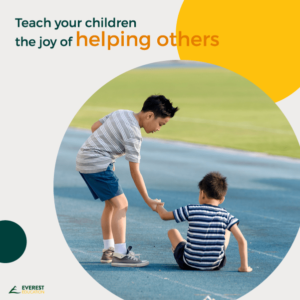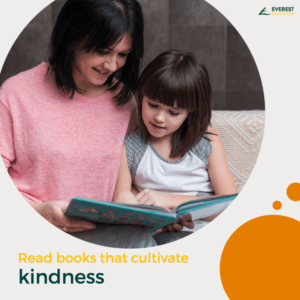Kindness is the virtue of thinking of others — caring about their feelings, needs, and happiness. As parents, we want our children to be kind, thoughtful, and empathetic to those around them — and it can be hard to know how to respond most effectively when they are not.
Richard Weissbourd, a Harvard psychologist with the graduate school of education, ran the Making Caring Common project, aimed to help teach kids to be kind. In the study, about 80 percent of the youth said their parents were more concerned with their achievement or happiness than whether they cared for others. The interviewees were also three times more likely to agree that “My parents are prouder if I get good grades in my classes than if I’m a caring community member in class and school.”
You may not think that you need to be teaching your child to be kind. However, like reading and writing, emotional intelligence doesn’t come naturally to all children. “Children are not born simply good or bad and we should never give up on them. They need adults who will help them become caring, respectful, and responsible for their communities at every stage of their childhood,” the researchers write.
Some children miss the subtle signs that they are upsetting those around them. Some children have a hard time putting themselves in other people’s shoes. Some children have a hard time knowing how to be kind. So, how do you help teach your kids to be kind and not turn into a bully? There are some easy steps to build empathy and kindness in your children.


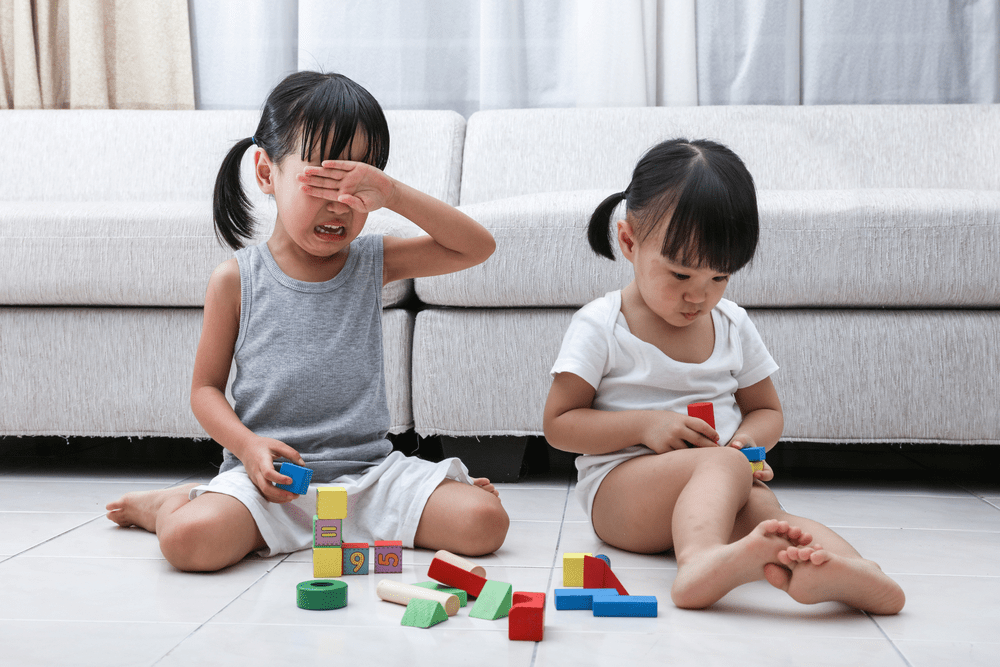
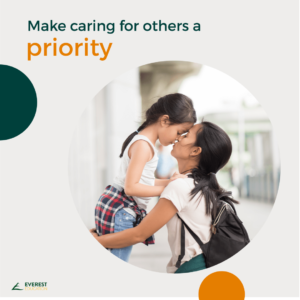 1. Make caring for others a priority
1. Make caring for others a priority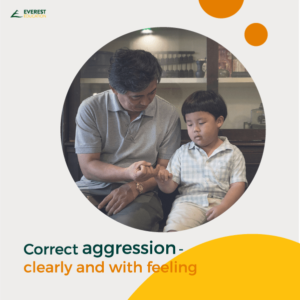
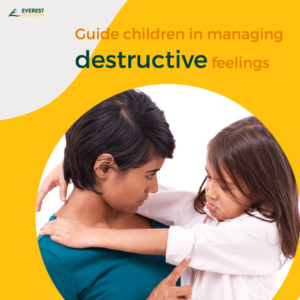 3. Guide children in managing destructive feelings
3. Guide children in managing destructive feelings